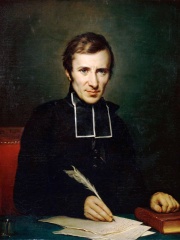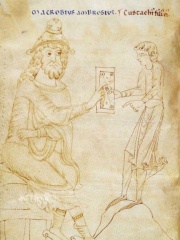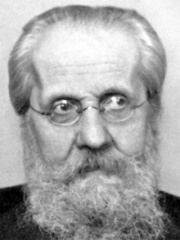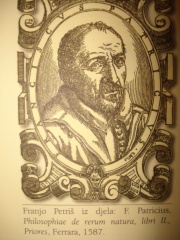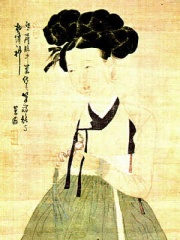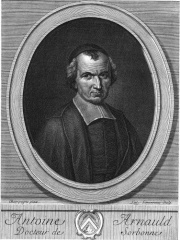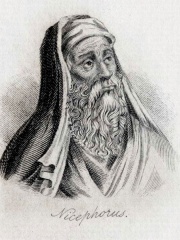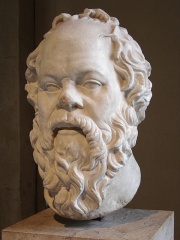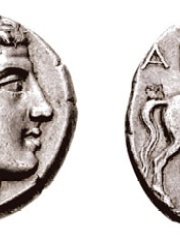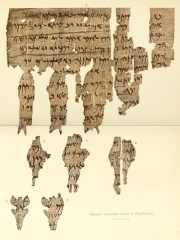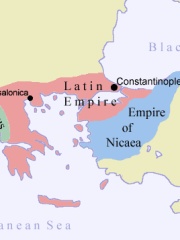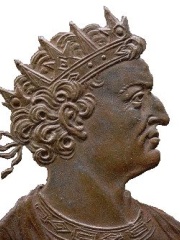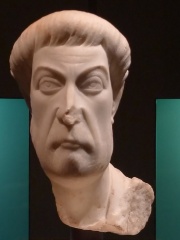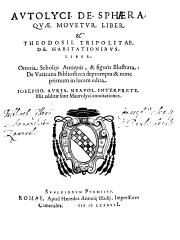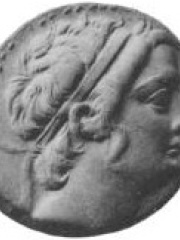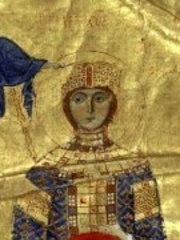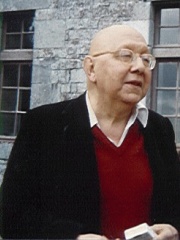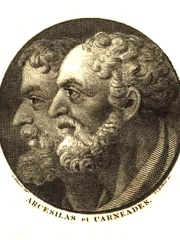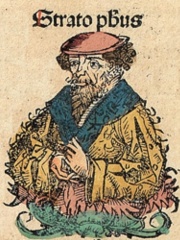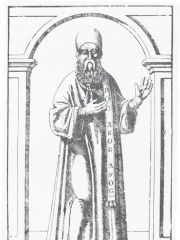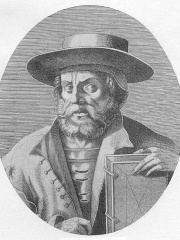Philosopher
Thrasymachus
459 BC - 399 BC
EN.WIKIPEDIA PAGE VIEWS (PV)

 Thrasymachus
Thrasymachus
His biography is available in 29 different languages on Wikipedia. Thrasymachus is the 378th most popular philosopher (down from 334th in 2024), the 371st most popular biography from Türkiye (down from 318th in 2019) and the 27th most popular Turkish Philosopher.
Thrasymachus is most famous for his argument that justice is the interest of the stronger.
Memorability Metrics
Page views of Thrasymachus by language
Among Philosophers
Among philosophers, Thrasymachus ranks 378 out of 1,267. Before him are Chandrakirti, Hugues Felicité Robert de Lamennais, Jacques Rancière, Macrobius, Richard Rorty, and Heinrich Rickert. After him are Franciscus Patricius, Edgar Morin, Hwang Jini, Antoine Arnauld, Nicephorus Gregoras, and Damascius.
Most Popular Philosophers in Wikipedia
Go to all RankingsChandrakirti
600 - 650
HPI: 68.88
Rank: 372
Hugues Felicité Robert de Lamennais
1782 - 1854
HPI: 68.86
Rank: 373
Jacques Rancière
1940 - Present
HPI: 68.85
Rank: 374
Macrobius
370 - 430
HPI: 68.81
Rank: 375
Richard Rorty
1931 - 2007
HPI: 68.78
Rank: 376
Heinrich Rickert
1863 - 1936
HPI: 68.77
Rank: 377
Thrasymachus
459 BC - 399 BC
HPI: 68.69
Rank: 378
Franciscus Patricius
1529 - 1597
HPI: 68.66
Rank: 379
Edgar Morin
1921 - Present
HPI: 68.66
Rank: 380
Hwang Jini
1506 - 1544
HPI: 68.65
Rank: 381
Antoine Arnauld
1612 - 1694
HPI: 68.65
Rank: 382
Nicephorus Gregoras
1295 - 1360
HPI: 68.65
Rank: 383
Damascius
480 - 550
HPI: 68.64
Rank: 384
Contemporaries
Among people born in 459 BC, Thrasymachus ranks 1. Among people deceased in 399 BC, Thrasymachus ranks 4. Before him are Socrates, Hippias, and Archelaus I of Macedon. After him is Amyrtaeus.
Others Born in 459 BC
Go to all RankingsOthers Deceased in 399 BC
Go to all RankingsSocrates
PHILOSOPHER
470 BC - 399 BC
HPI: 94.90
Rank: 1
Hippias
PHILOSOPHER
443 BC - 399 BC
HPI: 75.06
Rank: 2
Archelaus I of Macedon
POLITICIAN
490 BC - 399 BC
HPI: 74.01
Rank: 3
Thrasymachus
PHILOSOPHER
459 BC - 399 BC
HPI: 68.69
Rank: 4
Amyrtaeus
POLITICIAN
450 BC - 399 BC
HPI: 68.49
Rank: 5
In Türkiye
Among people born in Türkiye, Thrasymachus ranks 371 out of NaN. Before him are Alexios I of Trebizond (1182), Zenodotus (-330), Pharamond (370), Eutropius (320), Fritigern (400), and Autolycus of Pitane (-360). After him are Mammes of Caesarea (259), Nicephorus Gregoras (1295), Mursili III (-1400), Seleucus III Ceraunus (-243), Maria of Alania (1053), and Cornelius Castoriadis (1922).
Others born in Türkiye
Go to all RankingsAlexios I of Trebizond
POLITICIAN
1182 - 1222
HPI: 68.87
Rank: 365
Zenodotus
WRITER
330 BC - 260 BC
HPI: 68.83
Rank: 366
Pharamond
POLITICIAN
370 - 427
HPI: 68.82
Rank: 367
Eutropius
HISTORIAN
320 - 400
HPI: 68.75
Rank: 368
Fritigern
POLITICIAN
400 - 380
HPI: 68.74
Rank: 369
Autolycus of Pitane
MATHEMATICIAN
360 BC - 290 BC
HPI: 68.73
Rank: 370
Thrasymachus
PHILOSOPHER
459 BC - 399 BC
HPI: 68.69
Rank: 371
Mammes of Caesarea
RELIGIOUS FIGURE
259 - 275
HPI: 68.67
Rank: 372
Nicephorus Gregoras
PHILOSOPHER
1295 - 1360
HPI: 68.65
Rank: 373
Mursili III
POLITICIAN
1400 BC - 1267 BC
HPI: 68.64
Rank: 374
Seleucus III Ceraunus
POLITICIAN
243 BC - 223 BC
HPI: 68.63
Rank: 375
Maria of Alania
POLITICIAN
1053 - 1118
HPI: 68.63
Rank: 376
Cornelius Castoriadis
ECONOMIST
1922 - 1997
HPI: 68.61
Rank: 377
Among Philosophers In Türkiye
Among philosophers born in Türkiye, Thrasymachus ranks 27. Before him are Arcesilaus (-315), Priscus (410), Alexander of Aphrodisias (200), Strato of Lampsacus (-335), Heraclides Ponticus (-385), and Gennadius Scholarius (1400). After him are Nicephorus Gregoras (1295), Themistius (317), Eubulides (-500), George Pachymeres (1242), Manuel Chrysoloras (1355), and Crantor (-400).
Arcesilaus
315 BC - 240 BC
HPI: 72.20
Rank: 21
Priscus
410 - 471
HPI: 71.23
Rank: 22
Alexander of Aphrodisias
200 - 215
HPI: 71.01
Rank: 23
Strato of Lampsacus
335 BC - 269 BC
HPI: 70.83
Rank: 24
Heraclides Ponticus
385 BC - 322 BC
HPI: 70.81
Rank: 25
Gennadius Scholarius
1400 - 1473
HPI: 70.01
Rank: 26
Thrasymachus
459 BC - 399 BC
HPI: 68.69
Rank: 27
Nicephorus Gregoras
1295 - 1360
HPI: 68.65
Rank: 28
Themistius
317 - 388
HPI: 67.08
Rank: 29
Eubulides
500 BC - 400 BC
HPI: 66.97
Rank: 30
George Pachymeres
1242 - 1310
HPI: 66.35
Rank: 31
Manuel Chrysoloras
1355 - 1415
HPI: 65.74
Rank: 32
Crantor
400 BC - 276 BC
HPI: 65.35
Rank: 33

